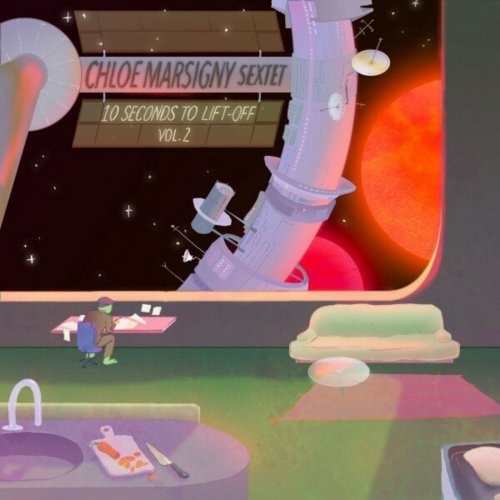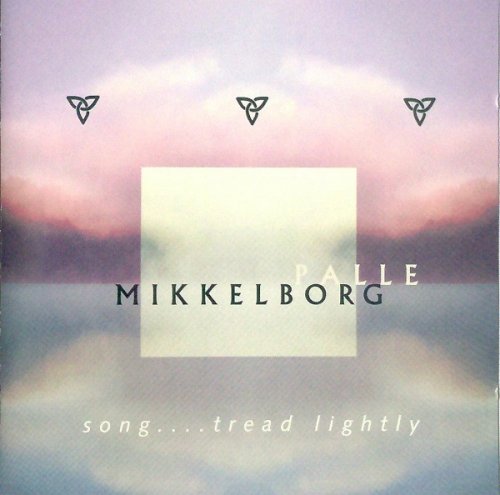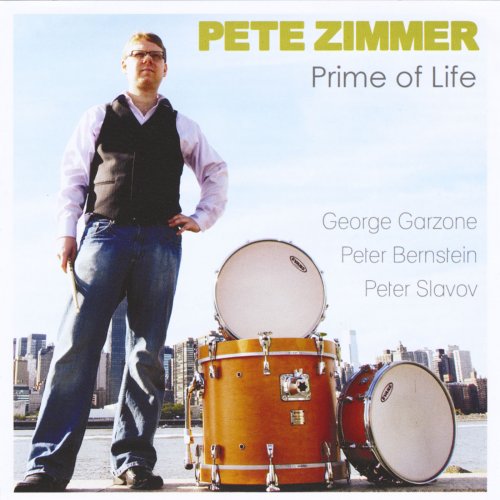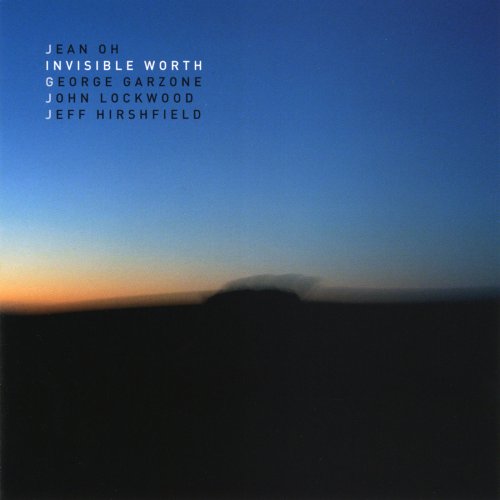Lori Sims - American Classics (2013)

Artist: Lori Sims
Title: American Classics
Year Of Release: 2013
Label: TwoPianists
Genre: Classical
Quality: FLAC (tracks)
Total Time: 59:45
Total Size: 273 mb
WebSite: Album Preview
Tracklist: Title: American Classics
Year Of Release: 2013
Label: TwoPianists
Genre: Classical
Quality: FLAC (tracks)
Total Time: 59:45
Total Size: 273 mb
WebSite: Album Preview
Piano Variations (Aaron Copland)
1 Piano Variations 11:24
Fantasy, Op. 25 (Ben Weber)
2 Fantasy, Op. 25 08:46
Roman Sketches, Op. 7 (Charles Tomlinson Griffes)
3 No. 1, The White Peacock 05:06
4 No. 2, Nightfall 06:00
5 No. 3, The Fountains of Acqua Paola 03:02
6 No. 4, Clouds 05:01
Piano Sonata, Op. 26 (Samuel Barber)
7 I. Allegro energico 07:41
8 II. Allegro vivace 02:06
9 III. Adagio 05:54
10 IV. Fugue 04:45
Performers:
Lori Sims (piano)
This release by the unjustifiably unheralded American pianist Lori Sims, a professor at Western Michigan University, brings together pieces that share two characteristics. First, all but one flirt with serial technique. And second, they start at the level of pianistic showpiece and go up from there. Samuel Barber's Piano Sonata in E flat minor, Op. 26, is one of the most difficult of all works of American piano music, and Sims' competition here comes from the likes of Marc-André Hamelin, John Browning, and the work's first performer, Vladimir Horowitz. It is to her considerable credit that she does not come up short; if the final fugue has a somewhat light touch, the opening Allegro energico has perhaps unparalleled ferocity. The abrupt idiom of Copland's Piano Variations, the young composer's ambitious masterpiece, is precisely rendered; the variations are continuous, but the entire structure, developing from a chromatic cell that clearly bespeaks Copland's acquaintance with serialist currents, emerges clearly in Sims' hands. The other two works might not yet merit the "classics" label, but the Fantasia (Variations), Op. 25, by Ben Weber, the first American serialist, is a neglected work that follows quite closely on Copland's accomplishment. Though delving into serialism, it is strongly Romantic in conception, and Sims switches gears effectively for the less stringent middle of the program, which also includes the Impressionist Roman Sketches, Op. 7, of Charles Tomlinson Griffes. The program as a whole is difficult for the listener as well as for the pianist, but Sims leads her audience through it in a masterful way. She is aided by fine engineering from South Africa's small TwoPianists label; the album was recorded in a university recital hall in South Africa. Support for recitals of this kind has not been abundant in the U.S. or even in Europe, and it is encouraging to see it spring up in a place far from those musical centers. The graphics for the album also merit mention; the close-up, startlingly intimate portraits of the artist suit the material well.
![Steve Turre - The Spirits Up Above (2004) [Hi-Res] Steve Turre - The Spirits Up Above (2004) [Hi-Res]](https://www.dibpic.com/uploads/posts/2024-05/1715357875_cover.jpg)







![Andrew Neil Hayes - I Feel So Much Better (When I Roll In The Mud) (2024) [Hi-Res] Andrew Neil Hayes - I Feel So Much Better (When I Roll In The Mud) (2024) [Hi-Res]](https://www.dibpic.com/uploads/posts/2024-05/1715577554_andrew-neil-hayes-i-feel-so-much-better-when-i-roll-in-the-mud-2024.jpg)